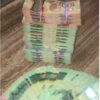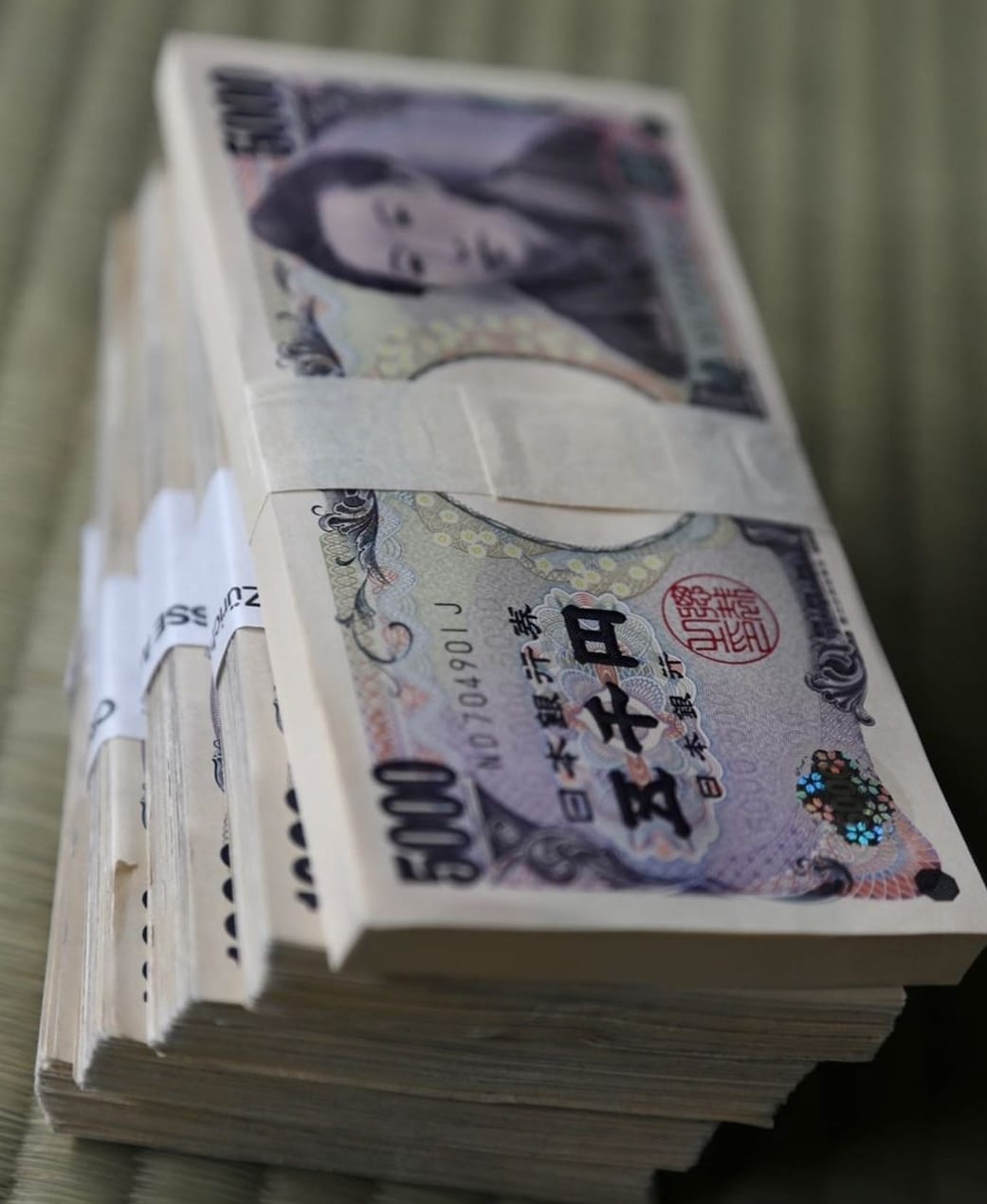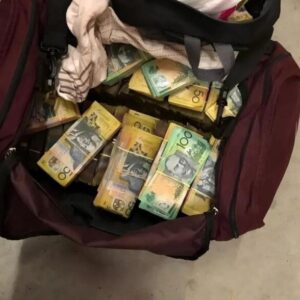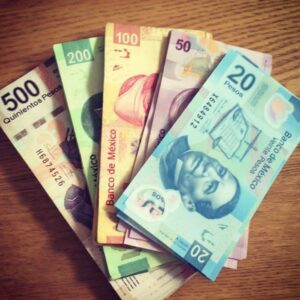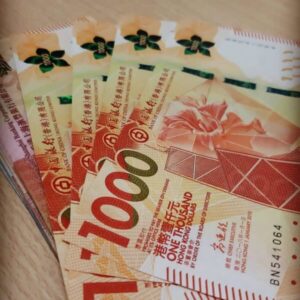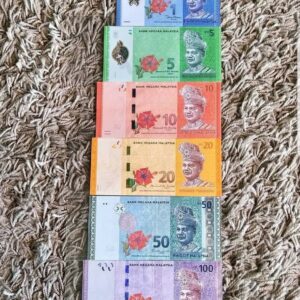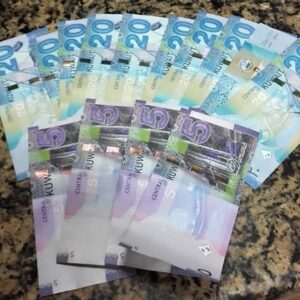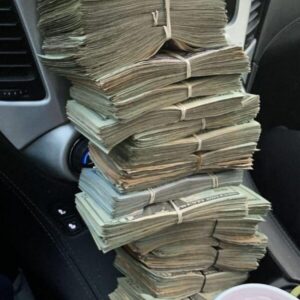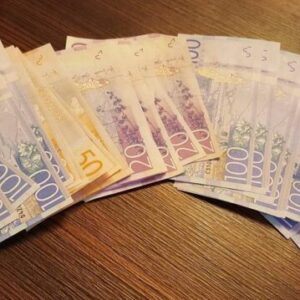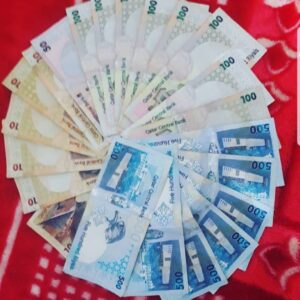Japanese Yen counterfeit fake notes for sale
Japanese Yen counterfeit for sale online, the Japanese yen, abbreviated as JPY and symbolized by ¥, is the official currency of Japan. Japan, an island nation in East Asia, has the fourth-largest economy in the world. The yen is an important currency in global finance as it is a reserve currency. In Japanese, the correct pronunciation is “en,” but in English, it is widely pronounce and spelled as “yen” to adapt to the phonetic preferences of English speakers. The Japanese yen was established by the Meiji government during the late 19th century as part of Japan’s modernization efforts. The New Currency Act of 1871 marked the yen’s introduction as Japan’s official currency, leading to the consolidation of currency issuance under the newly created Bank of Japan in 1882.
Payment methods in Japan
In Japan, the use of cash has been the traditional payment method such as Japanese yen , but there is a growing acceptance of other payment options. When visiting Japan, you can use the following modes of payment:
1. Cash:
– Cash is still widely use, especially for small amounts. Large bills are commonly accept, and it’s okay to use a 10,000 yen bill even for low-cost items. However, using smaller denominations is appreciate in taxis, smaller shops, temples, and shrines. In rural areas and small towns, the acceptance of credit cards may be limit, so it’s advisable to carry cash.
– Cash is often the only way to pay for small entrance fees at tourist sites, smaller restaurants, and small shops. Coins are required for many lockers. Most buses and trams accept payment by IC cards, but if you pay by cash, note that bills over 1,000 yen may not be accepted, and drivers may not have enough change. Vending machines typically accept 10, 50, 100, and 500 yen coins, as well as 1,000 Japanese yen bills. Newer machines may also accept 5,000 and 10,000 yen bills.
2. Credit/Debit Cards:
– Credit and debit cards are now widely accept, especially in big cities. Most hotels, department stores, mid to high-end restaurants, outlet malls, large retail shops, train stations, convenience stores, supermarkets, chain restaurants, and boutiques accept credit cards.
3. IC Cards:
– IC cards, like Suica and Icoca, are store-value cards that can be recharge. They are primarily use for convenient payment of train and bus fares, but they are also accept at numerous shops and restaurants nationwide, as well as at convenience stores, chain restaurants, vending machines, and coin lockers.
History of Japanese Yen
The Meiji government established the the currency during the late 19th century and was a crucial part of Japan’s modernization efforts. Japan aimed to unify the country under a single currency inspired by the European Decimal Monetary System. Before this, Japan had a fragmented currency system where each feudal area issued its own money, known as Hansatsu, with no standard denomination. Japanese Yen counterfeit fake notes for sale online at affordable price.
After World War II, the yen experienced significant devaluation. In 1944, an agreement called the Bretton Woods Agreement fixed the yen value at 360 yen for every 1 US dollar to aid the Japanese economy in recovering from the war. During the 1970s, the yen’s value fluctuated notably during the oil crisis, leading to periods of deflation and appreciation. buy Japanese Yen counterfeit online, Japanese Yen counterfeit for sale, buy Japanese Yen counterfeit fake note, buy Japanese Yen counterfeit fake note online, where to buy Japanese Yen counterfeit online, how to buy Japanese Yen counterfeit near me.
| Japanese Yen | 250,000, 500,000, 750,000, 1,000,000, 2,000,000 |
|---|
Related products
Counterfeit Money Fake Notes
Counterfeit Money Fake Notes
Counterfeit Money Fake Notes
Counterfeit Money Fake Notes
Counterfeit Money Fake Notes
Counterfeit Money Fake Notes
Counterfeit Money Fake Notes
Counterfeit Money Fake Notes


